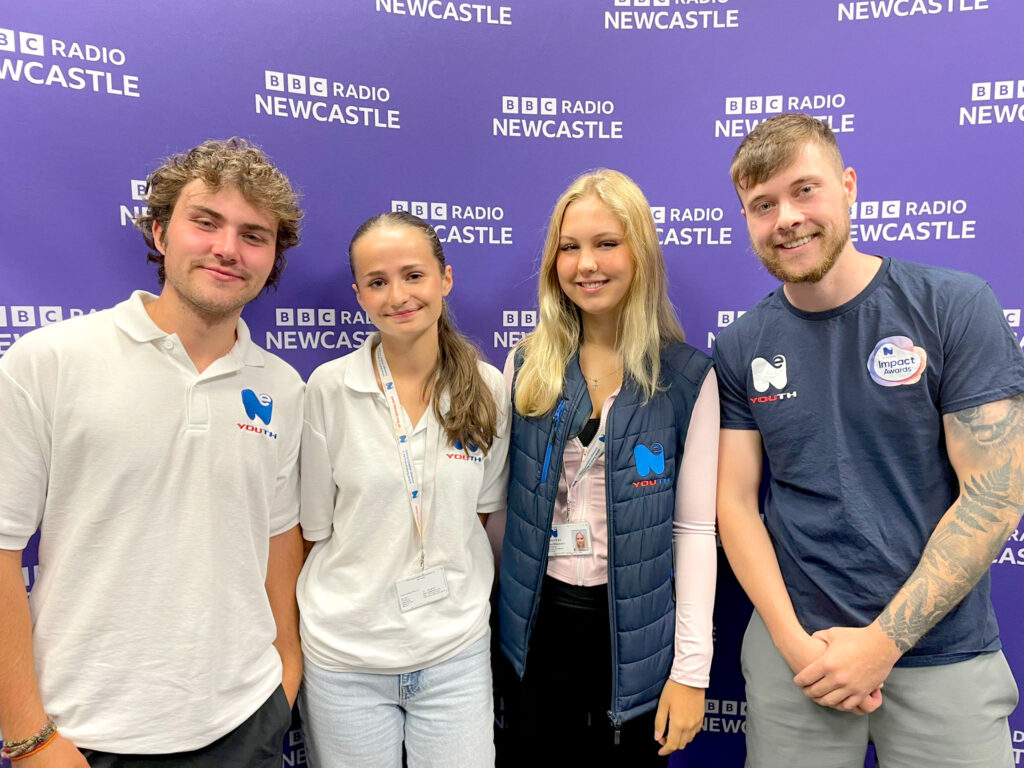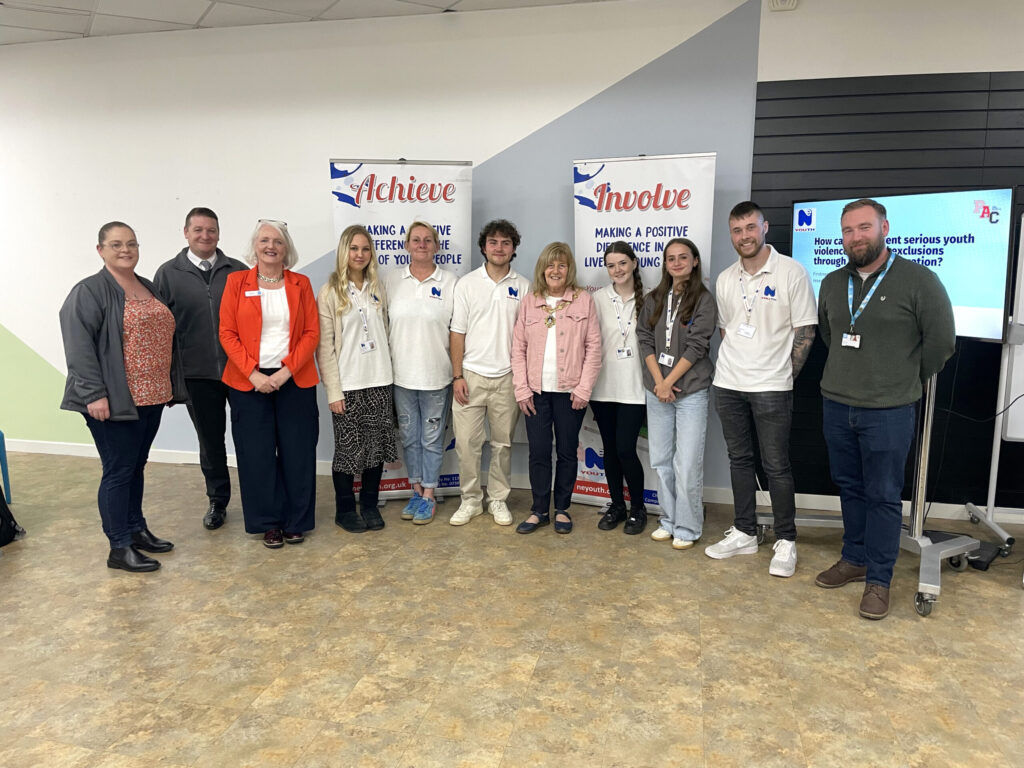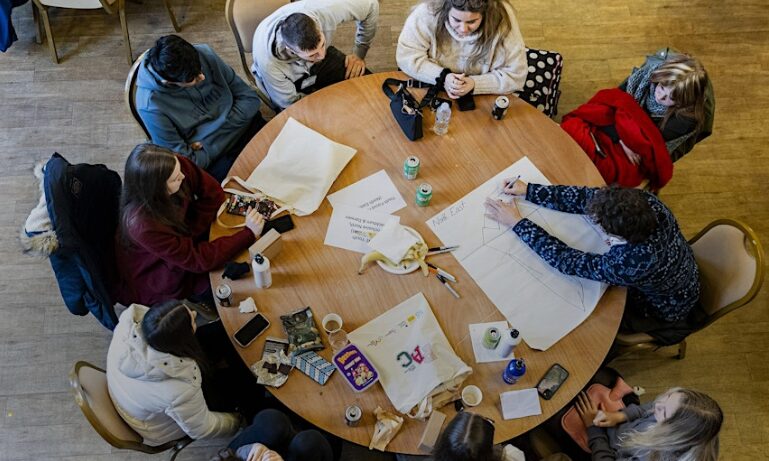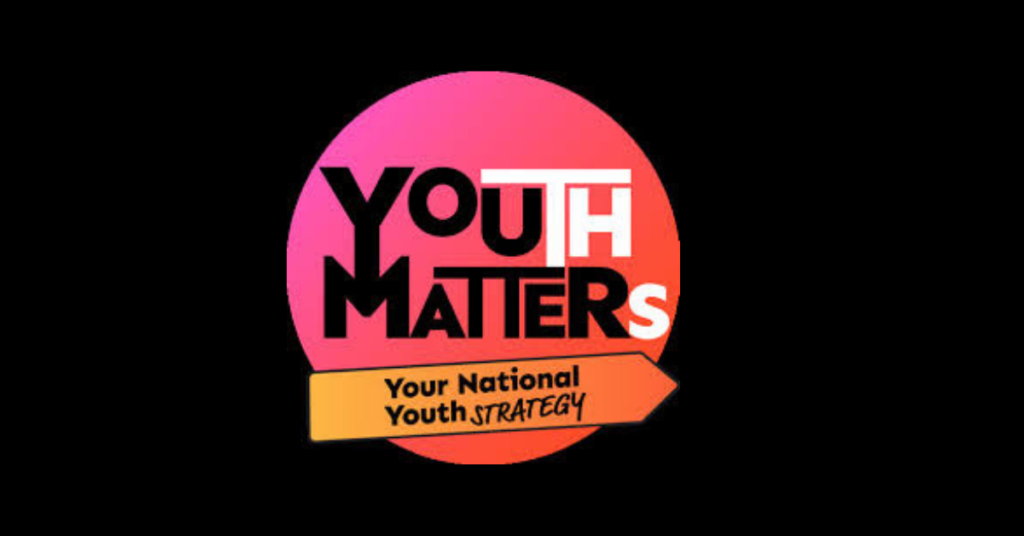Rewards, Recognition and Respect: When Should We Pay Young People for Their Time?
At NE Youth, we believe that young people’s time, energy, and insight are valuable.
But in the youth sector, one question comes up again and again: when is it right to reward or pay young people for their contributions and when might it not be?
This is not a simple debate. It touches on fairness, ethics, inclusion, and the very identity of youth work itself.
The Starting Point: Remove the Barriers
Before we talk about rewards, let’s start with the basics. No young person should be out of pocket for contributing. Covering travel, food, data, and other participation costs should be a non-negotiable foundation.
Without this, we unintentionally exclude those who can’t afford to get to the table, precisely the voices that most need to be heard.
When Does Involvement Become Work?
Sometimes young people volunteer their views, take part in fun activities, or shape a local project. In these cases, a simple “thank you”, maybe a certificate, reference, or small voucher can be appropriate.
But what if a young person is asked to chair a youth board, co-design a programme, mentor peers, or deliver training? At that point, they are doing a job. And with jobs come responsibilities and rights.
The law in the UK is clear: if a role goes beyond out-of-pocket expenses, we may be creating worker status. That means young people should be paid at least the National Minimum Wage, with the same protections as adults.
What Incentives Actually Work?
Research and practice across the UK show a mixed picture:
- Cash or vouchers can boost engagement, especially for those facing financial barriers, but risk undermining the voluntary ethos if handled clumsily.
- Experiential rewards (trips, events, exclusive opportunities) are powerful motivators when chosen by young people themselves.
- Accreditation and references help young people translate their contribution into future opportunities, something many say matters more than short-term perks.
- Youth-designed schemes, like Young Scot’s points system, show that co-created incentives have more staying power than adult-imposed ones.
What Young People Tell Us
Young people consistently raise three points:
- Cost is a barrier. Travel and access expenses can block participation if not covered.
- Recognition matters. Payment is one way to show respect, but so are certificates, references, and visible platforms to influence decisions.
- Opportunities should feel fair. No one wants to be “used” for their insight while adults are paid.
Their message is simple: don’t just thank us—value us.
Learning from Practice
As Quinn Stanger, Head of Youth Work and Programmes at NE Youth reflects:
“In the Peer Action Collective, we recognised the value of young people’s time by paying our peer researchers and social action leads. But rewards and recognition aren’t one-size-fits-all — we need to be led by young people themselves in deciding what feels meaningful and fair. At the same time, once opportunities cross the legal threshold of ‘work,’ there are real implications to consider, especially around benefits and income. That’s why it’s so important to balance appropriate reward with safeguarding young people’s wellbeing and circumstances.”
This highlights the core dilemma: how to combine fairness, flexibility, and legal responsibility without creating barriers for the very young people we want to support.
Where Good Practice Exists
- The Listening Fund has captured how organisations grapple with paying young people, offering real-world case studies.
- NHS England and NIHR set out clear frameworks for reimbursing expenses and paying for involvement, widely seen as a gold standard.
- YoungMinds Amplified encourages transparent policies on rewards and incentives.
- Youth-led models like Young Scot show what happens when recognition is designed with young people at the centre.
These examples show it can be done fairly, ethically, and sustainably.
The Questions We Need to Ask Ourselves
- When does saying “thank you” stop being enough?
- Are we unintentionally excluding young people who can’t afford to give their time for free?
- Does paying young people risk changing the spirit of youth work—or does it simply bring parity and respect?
- How do we balance limited budgets with the need to value contributions properly?
Our Commitment
At NE Youth, we don’t have all the answers, but we’re committed to:
- Covering costs so no young person is disadvantaged.
- Paying fairly when contributions cross into genuine work.
- Offering a range of recognition methods; cash, vouchers, references, accreditation, or opportunities; shaped by young people’s own voices.
- Being transparent about what’s on offer, and why.
Because ultimately, this isn’t about rewards, it’s about respect.
Join the Conversation
Over to you: What do you think? When should young people be paid for their time, and when is another form of recognition more appropriate? What examples of good practice have you seen?
We’d love to hear your thoughts. Add your comments below or share your experiences with us on social media.





